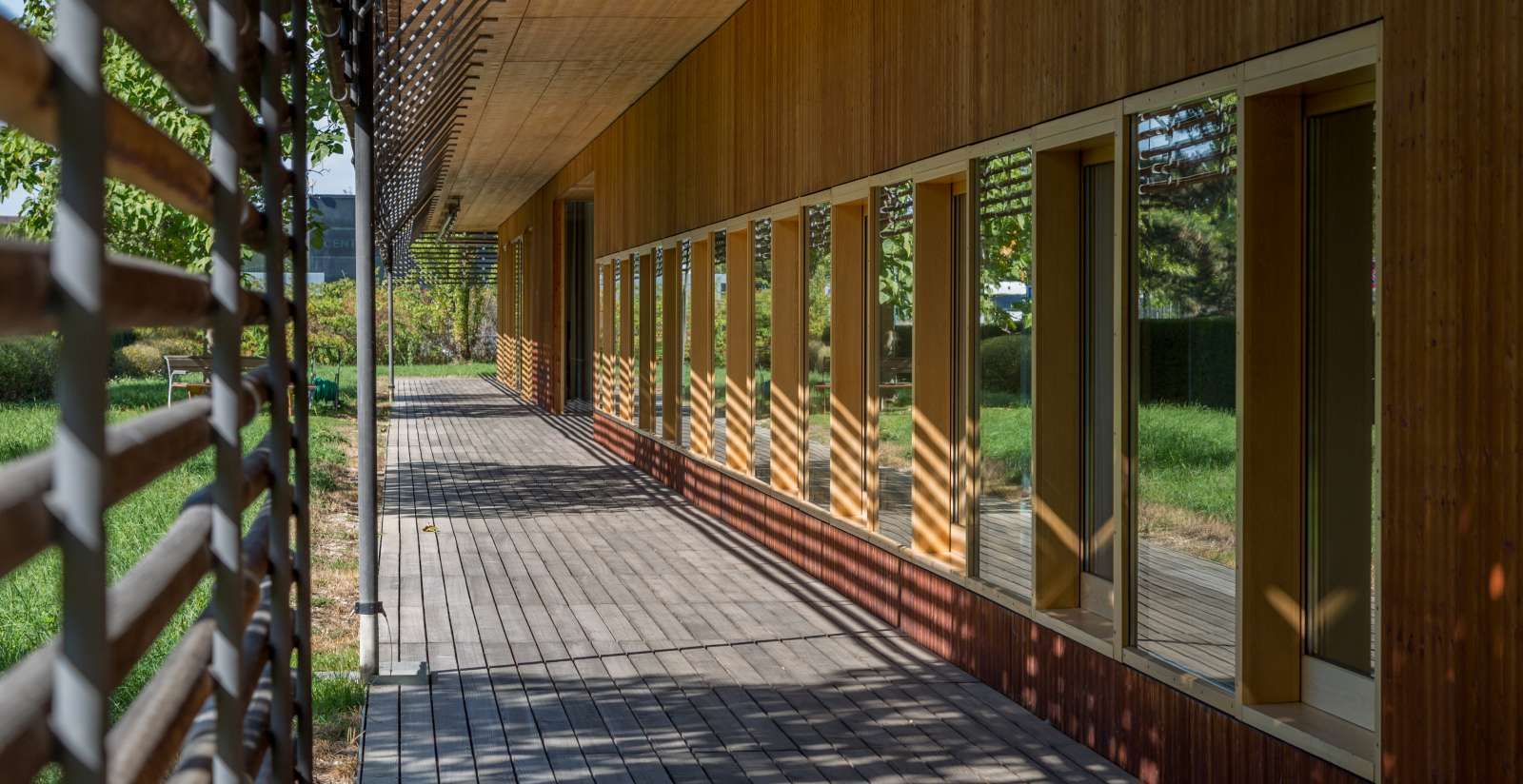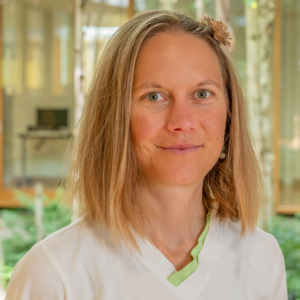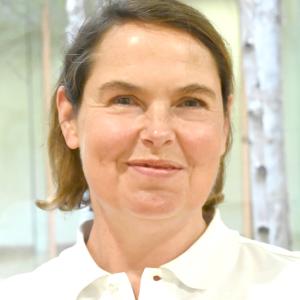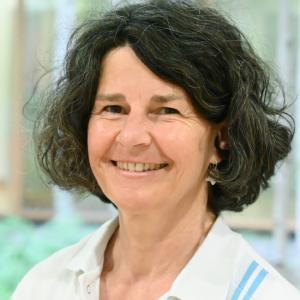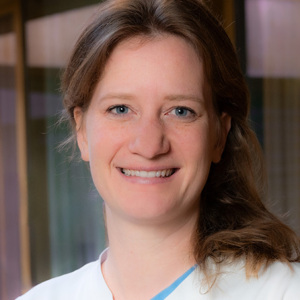Post-COVID/long COVID clinic
Around 10 to 15 per cent of COVID-19 patients complain of various symptoms even after recovering from the disease. They have not regained their previous capacity and struggle to cope with everyday family life and work. We offer a special clinic for those affected by this "post-COVID/long COVID syndrome".
Registration
Patients who have recovered from a COVID-19 infection and are suffering from the symptoms listed below can register for the post-COVID/long COVID clinic at the outpatient centre themselves or via their (family) doctor 4 weeks after the infection at the earliest. Registration is also possible without any accompanying illnesses from the fields of neurology or paraplegiology.
Contact:
Email: zuweisung_ambulant@rehab.ch
Telefon: +41 (0) 61 325 01 23
Our treatment team
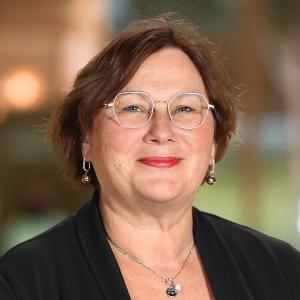
Margret Hund-Georgiadis
PD Dr. med. Medizinische Direktorin und Chefärztin
FMH Neurologie
Tel. +41 61 325 00 06
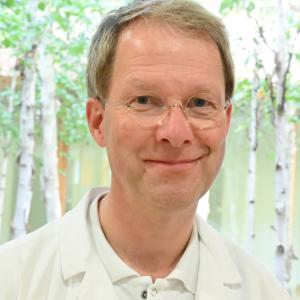
Eberhard Riedenklau
Spitalarzt
FMH, Facharzt für Orthopädie sowie Physikalische Medizin und Rehabilitation
Tel. +41 61 325 00 00
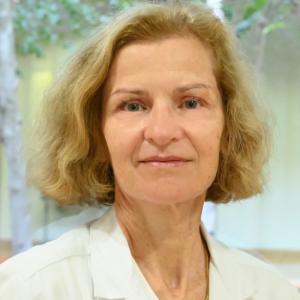
Marianne Schneitter
Dr. phil.
Co-Leitung Neuropsychologie / Psychologischer Dienst
Tel. +41 61 325 07 31
Treatment of long-term physical and cognitive damage
The course of the disease varies greatly. We know that the pathogen can attack several organs either directly or through an excessive immune reaction and cause lasting damage. The lungs, kidneys, heart and brain are frequently affected. In the most severe cases and with long periods of ventilation and intensive care, lengthy and intensive rehabilitation and aftercare are usually required after patients are discharged from the intensive care unit. Yet even after overcoming mild coronavirus disease, it is estimated that around one in ten people do not feel fully healthy.
Possible symptoms include:
- A constant sense of tiredness and weakness (fatigue)
- Coughing and shortness of breath after exertion
- Loss of the ability to smell and taste
- Reduced ability to concentrate and remember as well as difficulty in finding words
- Weight loss
- Muscular weaknesses and pain
Diagnosis of post-COVID/long COVID symptoms
After patients register for the post-COVID/long COVID clinic at REHAB Basel, their complaints and symptoms are recorded and diagnosed. We have extensive diagnostic options and stress tests available in-house for this purpose. These are customised for the individual patient depending on their symptoms and previous external examinations.
These include:
- Pulmonary function test
- Resting and long-term ECG
- Exercise test (e.g. 2-minute walk test with pulse oximeter)
- Schellong test, 24-hour blood pressure measurements
- Cardiological diagnostics
- Imaging, X-ray, ultrasound
- Smell and taste test
- Laboratory diagnostics
- Fatigue diagnostics
- Depression screening
- Brain performance screening
- Pain diagnosis and treatment
- Creation of a risk profile
Treatment
The primary goal of rehabilitation after COVID-19 is to recognise the symptoms of the disease and treat them appropriately, so that the patient can regain a sense of resilience in their private and professional lives.
Initial treatment
Based on the symptoms and rehabilitation goals, our interprofessional team draws up a 6-9 week treatment plan tailored to the individual patient. The treatment team supports patients with individual and selected group therapies, self-training and regular supervision. Progress is regularly recorded and sets the pace for further treatment planning.
We offer the following treatments:
- Respiratory physiotherapy, reflective respiratory therapy, respiratory muscle training
- Physical development training, endurance training, strength training
- Psychotherapeutic counselling and short-term therapies if required
- Olfactory training for loss or impairment of the sense of smell and taste
- Concentration and memory training
- Fatigue and break management for every day (energy management training)
- Mindfulness and relaxation therapy
Follow-up treatment
Based on the current rehabilitation status after the initial treatment, it is possible to continue treatment as follows:
The Long Covid get-together (regulars' table) will continue after the summer break. This will take place every fortnight on Tuesdays from 10:00-11:15 outside REHAB. Here, Long Covid sufferers can continue to socialise with each other. The meetings can also be attended during treatment. The meeting is accompanied by Eliane Ott (occupational therapist REHAB Basel) depending on resources.
Next dates:
30.12.2025
06.01.2026
20.01.2026
03.02.2026
03.03.2026
17.03.2026 ‘Farewell & New Beginnings’ Input from hospital chaplain K. Rödiger
14.04.2026
28.04.2026After discussion with the treatment team, the social counselling team can be consulted (e.g. for support with disability insurance registrations).
- Accompanying neuropsychological treatment is possible if patients are experiencing problems getting back into working life.
